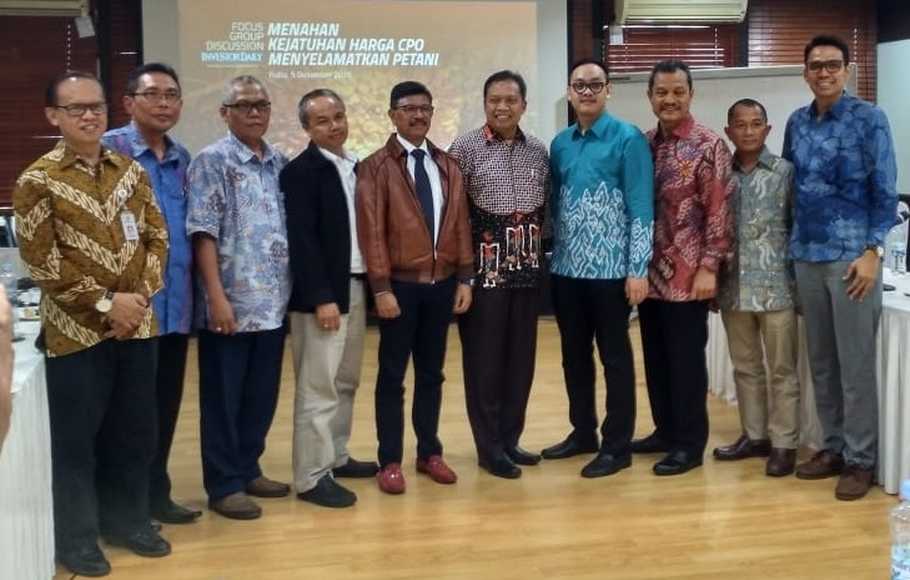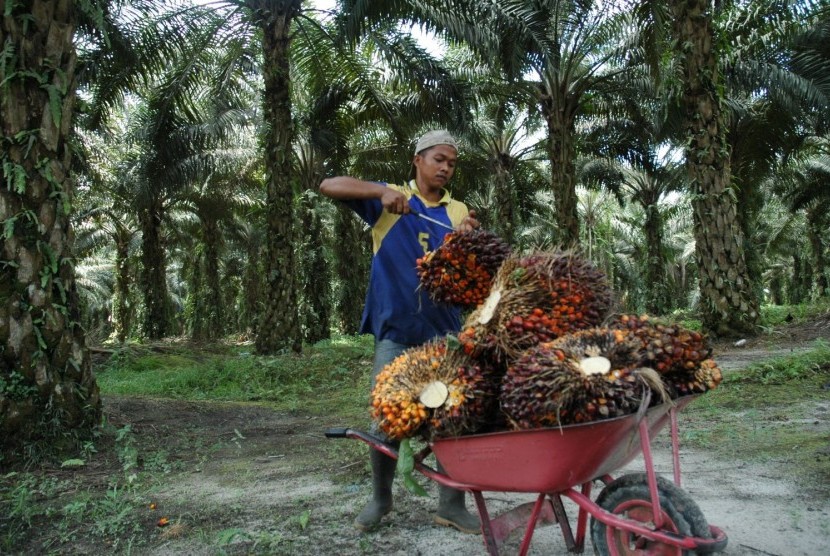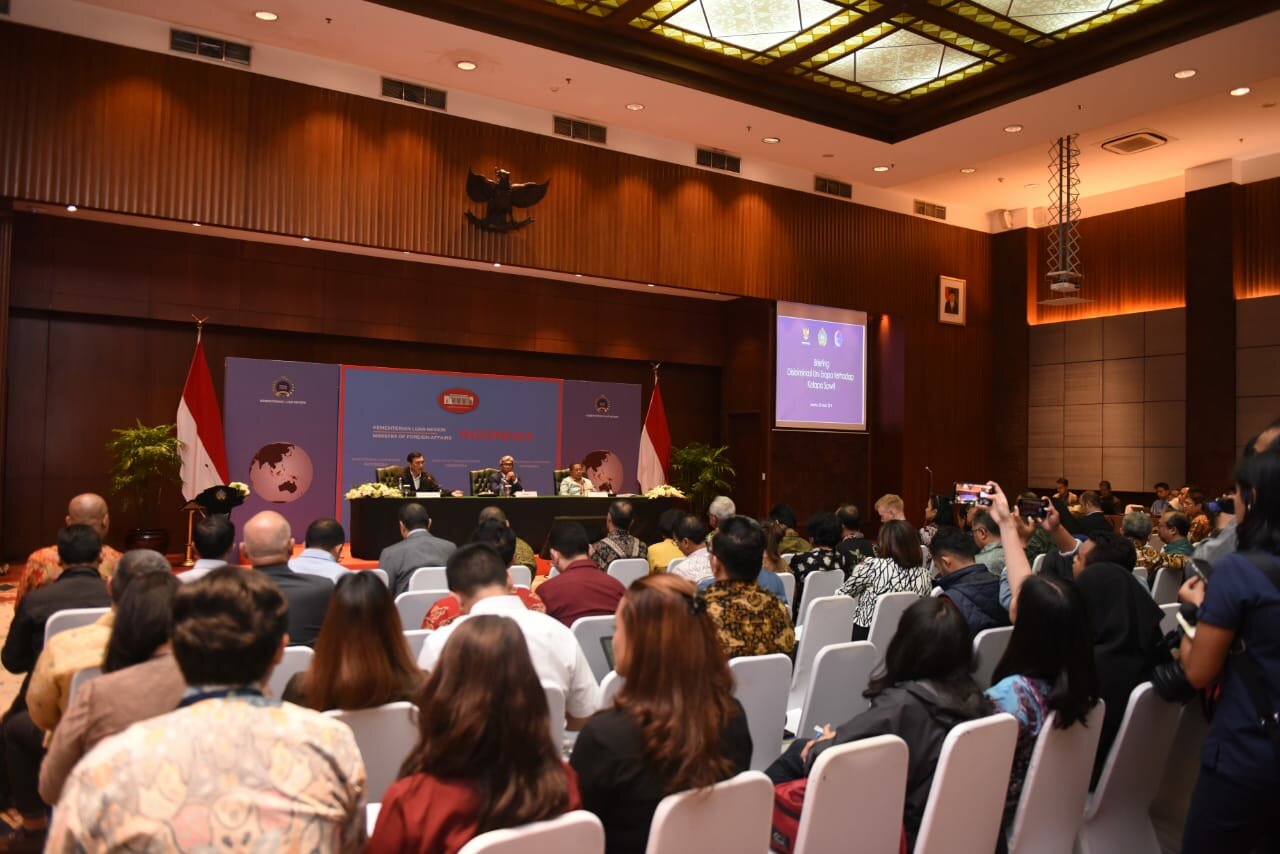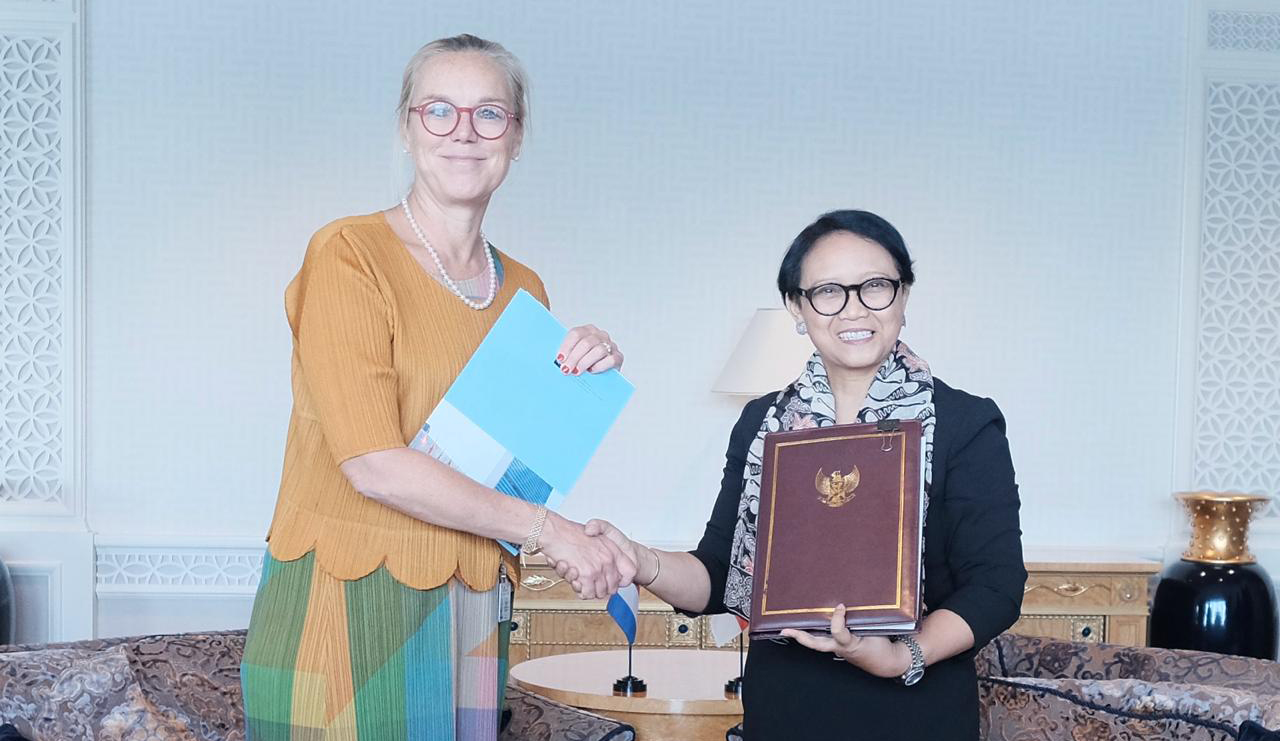India Asked Not to Discriminate Palm Oil
The Indonesia Ambassador for India Sidharto R Suryodipuro called on the Indian Government not to discriminate against palm oil, following a policy to raise import duties by the country. The Indian government raised the import duty of crude palm oil (CPO) to 44 percent and its derivatives by 54 percent.
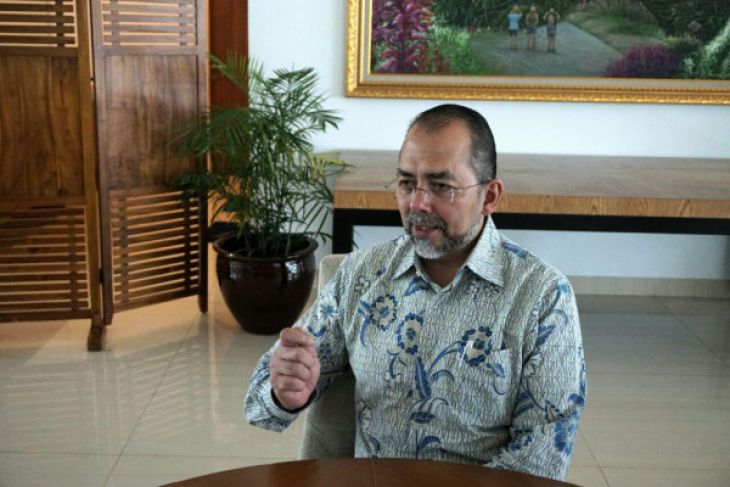
The Indonesia Ambassador for India Sidharto R Suryodipuro called on the Indian Government not to discriminate against palm oil, following a policy to raise import duties by the country.
The Indian government raised the import duty of crude palm oil (CPO) to 44 percent and its derivatives by 54 percent. `So we must continue to request for not only fair tariffs, but also non-discriminatory treatment. If the application of high tariff is a must, it should be applied not only to palm oil, but alo to other forms of vegetable oils, as India is not the producer of palm oil, `Ambassador Arto said in a special interview with Antara in Jakarta on Monday (28/5).
The Government of Indonesia has submitted a letter of objection regarding India`s policy which is considered to hit the country’s palm oil business, given the fact that India is the largest market of Indonesian CPO.
According to Ambassador Arto, the Government of India responded to the objection by asking Indonesia to see that the import of CPO by India tends to rise, but the volume of its derivative products is decreasing.
`We are also doing market research on the retail price of derivative products, and it appears that the retail price of palm oil derivative products is priced higher than other vegetable oils such as soybean oil and sunflower oil,` he said.
However, both countries agreed to resolve the issue through bilateral consolidation as palm oil is a strategic product prioritized by both the Government and Indonesian Representatives in India.
Previously reported, India raised tariffs on CPO imports at the highest level in more than a decade. This policy is intended to provide support to their local farmers. In November 2017, India raised import tariffs to 30 percent from just 15 percent. Then in early March 2018, import tariffs were again raised to 44 percent per kilogram.
This figure is actually still within the boundary tariff stated by World Trade Organization (WTO) which allows the government to increase import tariffs up to 300 percent. However, Indonesia asked to review the implementation of the policy because it will not only reduce the income of Indonesian oil palm businessmen, but also harm the people of India itself.
Indonesian Trade Minister Enggartiasto Lukita believes that the imposition of tariffs is enough to hit the Indian economy because the cost of fulfillment of staple goods derived from palm oil such as cooking oil and soap will certainly hike up.
India is the largest importer of CPO from Indonesia with increasing demand. In 2017 Indonesia`s CPO exports to India reached 7.6 million tons, an increase of 1.84 million tons compared to the year 2016 of 5.7 million tons. On average, India needs up to 27 million tons of vegetable oil per year from all over the world. (Antara)


